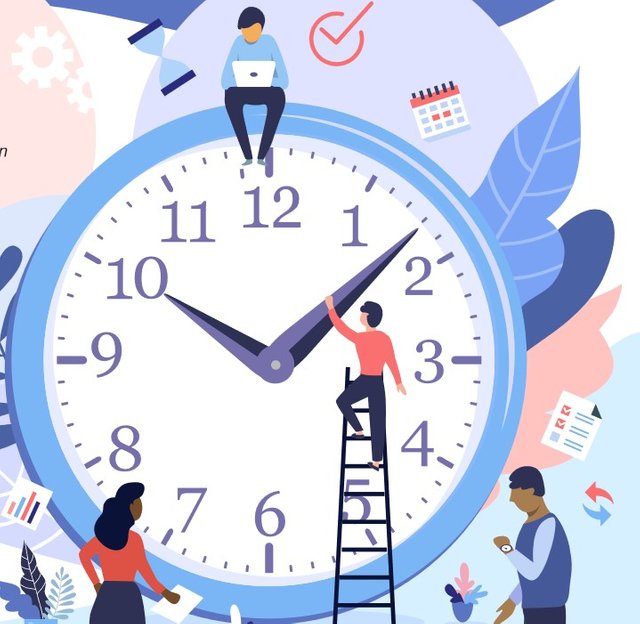Having effective time management and productivity skills can benefit you in several ways. These include reduced stress, enhanced work-life balance, and improved stamina.
Time management is the process of optimizing time to get more work done with better quality in less time. It involves organizing daily activities, coordinating responsibilities, and tracking time.
The ability to focus on one task at a time is an essential skill for self-improvement. It can help you stay on track with your goals, increase productivity and decrease stress.
Multitasking can be a huge waste of time and energy, and it can also cause you to become inefficient and make mistakes. To stay focused and avoid distractions, set aside time every day to work on a single project or task.
You can practice this technique by creating a to-do list and working through it step by step. This will help you to identify which tasks are most important and which ones can be done in a short amount of time.
Time block scheduling is a productivity strategy that can help you increase your focus and productivity. This method involves creating specific blocks of time on your calendar for tasks that require a lot of focus.
The length of your time blocks will depend on your workflow and your specific needs. For instance, you may want to set intervals of 15 or 30 minutes if you are working on small tasks throughout the day.
Alternatively, you can set your time blocks at a more flexible scale, such as an hour. The key is to have a schedule that can be flexible enough to accommodate unexpected circumstances, but that still keeps you focused on the work at hand.
Distractions are a huge time-waster and can derail your productivity. They can include social media sites, your smartphone or disruptive coworkers.
You can use your willpower to avoid distractions and stay focused on the work you need to do. You can also learn to recognize your triggers and take proactive action when they occur.
A simple way to eliminate distractions is by keeping your digital workspace decluttered. Unsubscribe from unnecessary emails, create folders and turn off social media notifications.
A well-organized workspace can be a great way to boost productivity and self-esteem. It can also make it easier to find what you need when you need it.
If you’re a busy person who feels like you’re always on the go, taking a break could be just what you need to recharge your batteries. It might involve a real vacation, an evening in your living room with Netflix or some time alone doing something that rejuvenates you.
Take a break from a busy schedule and try to focus on what’s truly important to you. Doing this can help you reclaim your energy, improve your mental health and boost your productivity.
Self-improvement has become a popular topic, but does this constant drive for betterment actually make you more productive and happier? The good news is that stepping away from the self-improvement merry-go-round can have amazing benefits for your health, relationships, creativity, success and happiness.
Whether you’re working a new job or just trying to get more done in your current role, it’s important to prioritize tasks effectively. This can reduce stress, improve your focus and help you stay on task.
To prioritize your tasks, start by deciding what’s important. Then, order your assignments by estimated effort.
This can be a helpful way to figure out what you need to work on most urgently and what can wait until tomorrow.
Critical priorities are time sensitive and high in value, while low-priority projects and tasks may not be as urgent but still have some value. For example, a week-long project that’s high in value but not critical can be pushed to the back of your list or dropped altogether.

